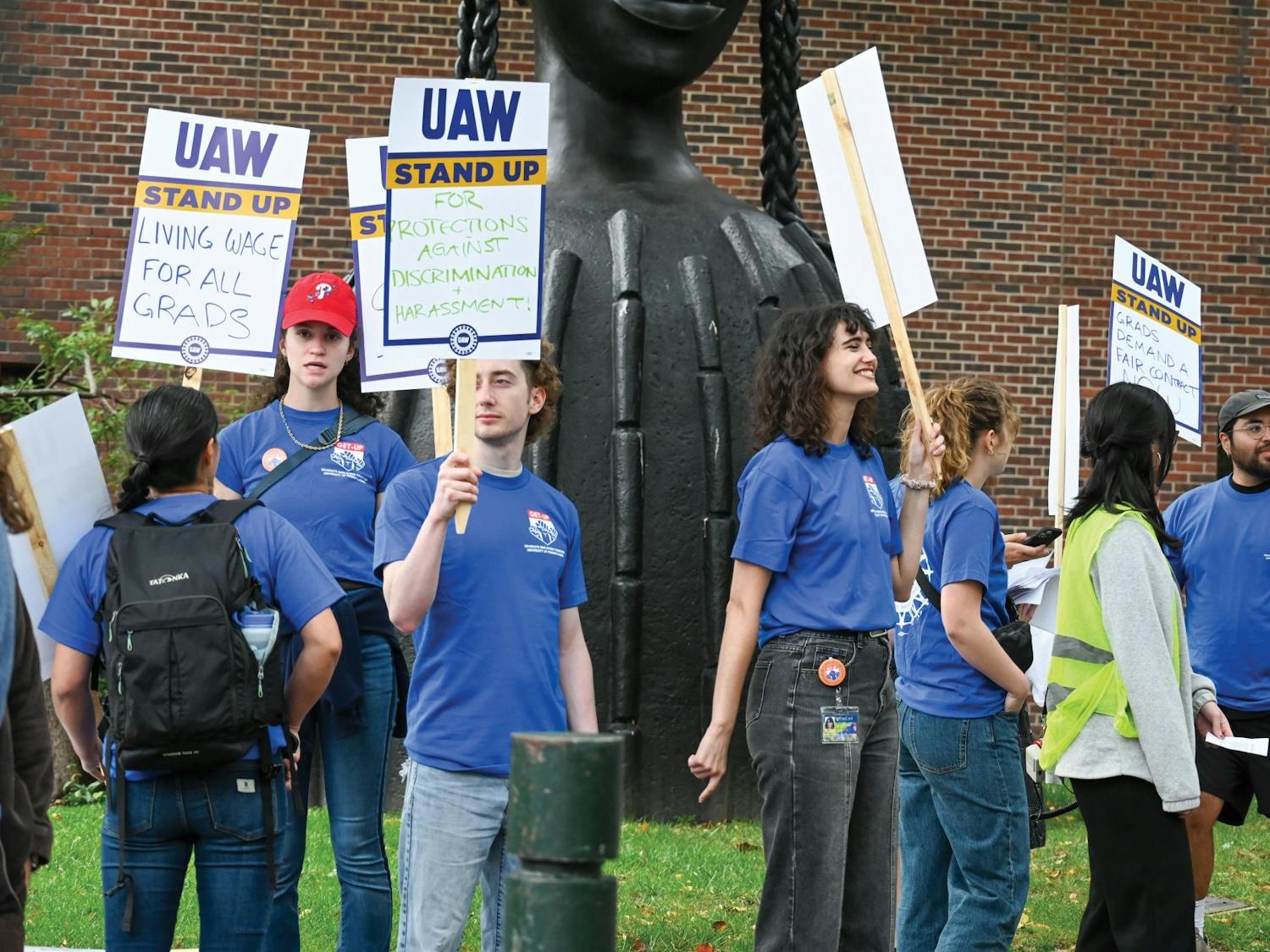The latest stand-off in a Congressional stalemate over how to reduce the national deficit has put some of Penn’s finances in a precarious position.
Two days before Thanksgiving, Congress announced that the legislative “super committee” — made up of six Republicans and six Democrats — failed in its task to come up with the $1.2 trillion in federal budget savings agreed upon in August.
“After months of hard work and intense deliberations, we have come to the conclusion today that it will not be possible to make any bipartisan agreement available to the public before the committee’s deadline,” said Rep. Jeb Hensarling (R-Tex.) and Sen. Patty Murray (D-Wash.), co-chairs of the committee, in a statement issued Nov. 21.
The deadline for the super committee’s decision was Nov. 23. When the committee could not come to a decision to increase revenue by $1.2 trillion by that date, the responsibility to do so was placed with Congress as a whole once more until January 2013. If Congress cannot come up with an agreement by then, there is a $1.2 trillion mandatory cut by decreasing federal defense funding as well as domestic funding across the board eight to 10 percent.
The cuts will affect any federally funded program including the National Institutes of Health, National Science Foundation, Title VI, Department of Energy and Department of Defense. Penn competes for funding from all of these organizations and is currently funded significantly by these programs. TRIO, Pell Grants and any other federal financial aid assistance will be cut as well.
“These kind of cuts have never really happened before to these agencies. They have always seen a modest to significant increase in funding each year. This is pretty unprecedented,” said Bill Andresen, the associate vice president of Penn’s Office of Federal Affairs. “The hope was that if you put these 12 people in a room together they could come up with a solution” — but that did not end up being the case, Andresen added.
He also noted that there are also indirect effects that the cuts may have on the University. For instance, if Amtrak funding is cut and the price of Amtrak tickets increases, that affects employees of the University who commute to and from other cities on University business, as well as students from out of town who use Amtrak to travel home. But “the biggest effects will be on financial aid for students and research funding for faculty.”
Other indirect effects may come in the form of citywide budget constraints. “Philadelphia receives a portion of its overall funding stream from the federal government, and so we’re generally concerned about any reductions in funding for Philadelphia and urban centers across the country,” Mayor Michael Nutter’s Press Secretary Mark McDonald said.
If the mandatory cuts are implemented in 2013, they will not be the only changes affecting students and their families. “At the end of 2012 there are also a number of tax provisions, separate from the Bush tax-cuts, that will be expiring. There are many tax credits for parents that will expire,” Andresen explained, putting an even greater burden on families. “In the past these tax credits have had large bipartisan support … Congress will want to renew them, but I can see a huge debate coming about what we can afford.”
College junior and Penn Democrats President Isabel Friedman wrote in an email, “We can add the failure of the Supercommittee to the laundry list of reasons so many people have lost faith in our government … Its under dire circumstances like these that we need the most secure taxpayers to make some small sacrifices for the greater good of society.”








